Dirk Strasser’s historical fantasy novel Conquist (Roundfire Books) was published on 1 September 2024. See what all the fuss is about.
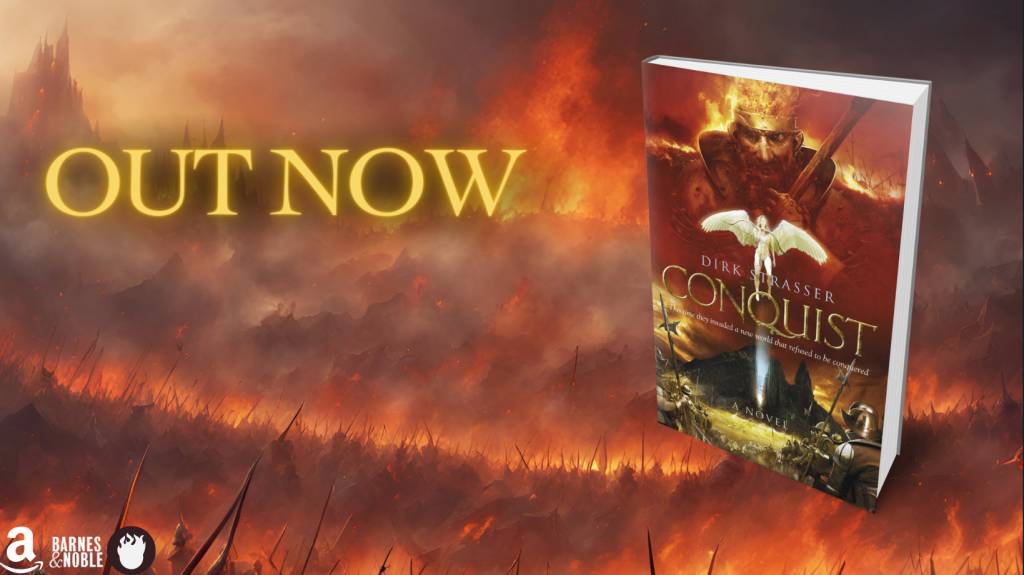
This time they invaded a new world that refused to be conquered.
Music in SF
In Aurealis #181 and #182, our June and July issues respectively, co-editor Stephen Higgins mused on science fiction and fantasy’s influence in music, deftly referencing bands like Hawkwind and Tangerine Dream. In this editorial, it’s time to turn the tables and talk about music’s influence on science fiction and fantasy.
Many SF/F writers use music as a central theme, an aspect of the changed world the novel is dealing with. The imagination at work here is always fascinating, and strange, weird, bizarre and unearthly music goes a long way to creating an other world to revel in. Be it Klingon opera or Elvish song, music as a deeply immersive background detail is a beguiling way of establishing that we’re not in Kansas anymore.
However, some SF/F novels use music in the foreground, with instruments and musicians right up front. Here are some of our favourite examples:
• The Still, Small Voice of Trumpets (1968) by Lloyd Biggle Jr, who was a PhD in musicology. Apart from having one of the best ever titles, this exploration of government and culture is elegant and moving.
• The Songs of Distant Earth (1986) by Arthur C Clarke. Refugees, music and the meaning of life.
• A memorable title to consider is Buddy Holly Is Alive and Well on Ganymede (1991) by Bradley Denton, where you pretty much get what it says on the label.
• The Armageddon Rag (1983) by George RR Martin considers music as a historical force, and how it and its context changes. Each chapter title comes from rock lyrics, to underline the case at hand.
• Alan Dean Foster’s Spellsinger series (1983–1994) is a popular pick for rock music stepping into a fantasy world.
• We also have a fondness for the great Terry Pratchett’s take on such a phenomenon in Soul Music (1994), where an important musical character is noted as ‘a bit elvish’.
Rock on.
All the best from the cloud!
When the car shuddered to a halt she ripped out her earphones and whirled on her dad. ‘What the hell? Are you trying to kill us?’
But he was staring up through the windshield. His jaw soundlessly open. Amber turned to follow his gaze as a shadow fell over the car.
It was one of the trees.
It shambled across the road on two masses of roots knotted into limb-like appendages. Taking heavy, deliberate steps like some prehistoric behemoth.
The sound of it moving was surprisingly gentle. Like the creaking of old boards. The rustling of autumn leaves. Dirt shook loose from the roots in great clods and pattered onto the asphalt. Cracked pieces of bark shedding off too. It must have been thirty metres tall, and far above its branches were soughing back and forth. A shimmer of swirling leaves trailing its wake like snowfall.
The tree took another long stride and plunged into the thicket on the far side of the road.
The two of them sat there watching through the windows as it forded deeper into the bush. Leaving a trail of parted branches through the canopy.
‘What kind of crazy tree was that?’ Amber said eventually.
‘A gumtree. I think it was just a gumtree,’ Wallace replied.
But then the beasties came. Beautiful in the light of the sunset; they seemed like a miracle. Like something the sun had brought as a parting gift. At first, Shanee was far enough away not to see that all they were was junk and weeds, but then they were so close she could see the driftwood, the seaweed, the shells, the old crates, the hub caps, the graffitied planks, the plastic tubs. Nothing that should hold together or make any sense. How did they function? No one knew. Most people ignored them. There was too much else to worry about and the beasties were harmless.
I hate waiting because it is in waiting that I discover unpleasant truths about myself. Truths, I would never realise if I’d arrived late and had to rush through the crowds to do my chores or meet my colleagues. Truths I would never ponder much on because I’d be too preoccupied apologising and promising that it’s the last time I’m running late, trust me.
I think he knew. He knew I never felt safe when exposed to myself. He urged me to be on time because he’d figured out I was terrified of vulnerability.
Funny how easily committed I was to the idea of devoting my adult life to him, allowing a priest to put silver-plated wreaths on our heads and red wine in our lips when I’m still so afraid of peeling my skin clean, examining the bare bones under which my heart lies.
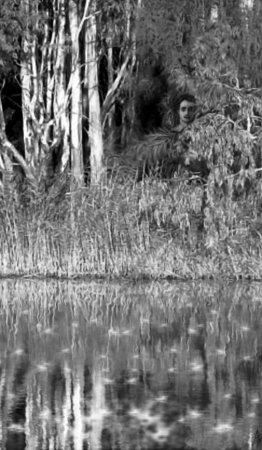 story
story
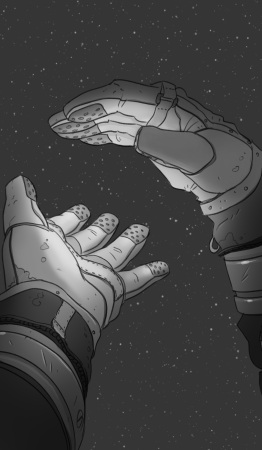 review
review
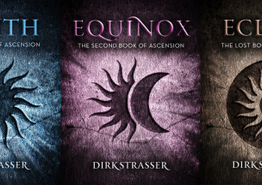 review
review
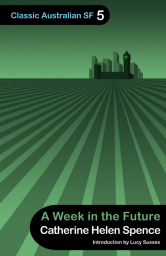 story
story
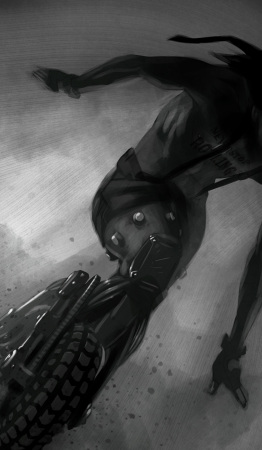 feature
feature
 review
review
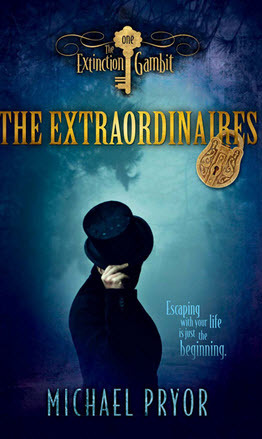 review
review
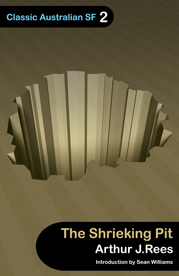 feature
feature
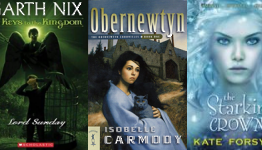 story
story
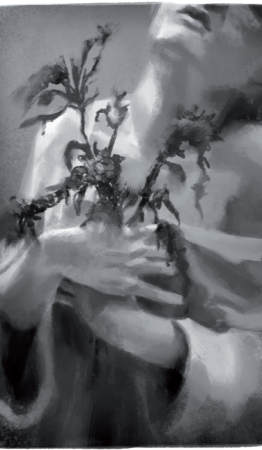
SUBSCRIBERS ARE ALWAYS FAST-TRACKED THROUGH THE ASSESSMENT PROCESS.
STORIES ARE ALWAYS SELECTED ON MERIT REGARDLESS OF SUBSCRIBER STATUS.
See our Submission Guidelines for details.
Dirk Strasser’s historical fantasy novel Conquist (Roundfire Books) was published on 1 September 2024. See what all the fuss is about.

This time they invaded a new world that refused to be conquered.
You think you know Australian history? Think again. Season 2 of Apocryphal Australia brings more results from years of research into the little known corners of this wide brown land, with bits of green.
Dear Aurealis Contributors (past and present)
Thank you to those who contributed non-fiction for Aurealis in 2022 and earlier.It’s time to look to 2023 – Issues 157-166. So I’d like to formally call for non-fiction submissions for 2023 and hope you will continue to write for Aurealis.Let me know if you’ve got any ideas you’d like to pitch. If you know of any fellow writers who may like to contribute non-fiction to Aurealis, I’d love to hear from them.We already have Gillian Polack continuing to write for Aurealis about early Australian SF, Lynne Green is covering pioneering female SF writers and Amy Laurens is going to dissect Discworld.
So, if you’ve got an idea for an article or even a series of articles, I’d love to hear from you.
Cheers Terry Wood Non-fiction Co-ordinator
Associate Editor, Aurealis